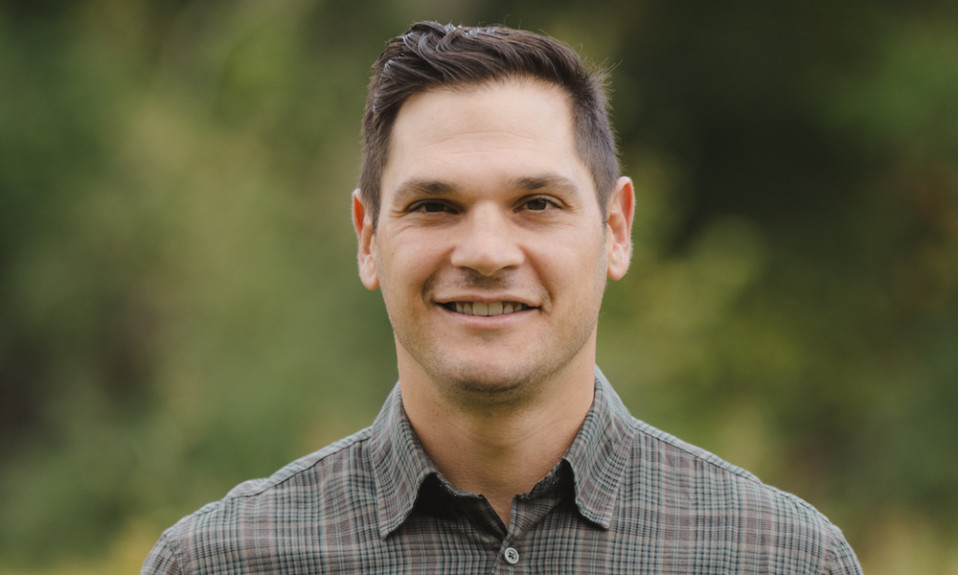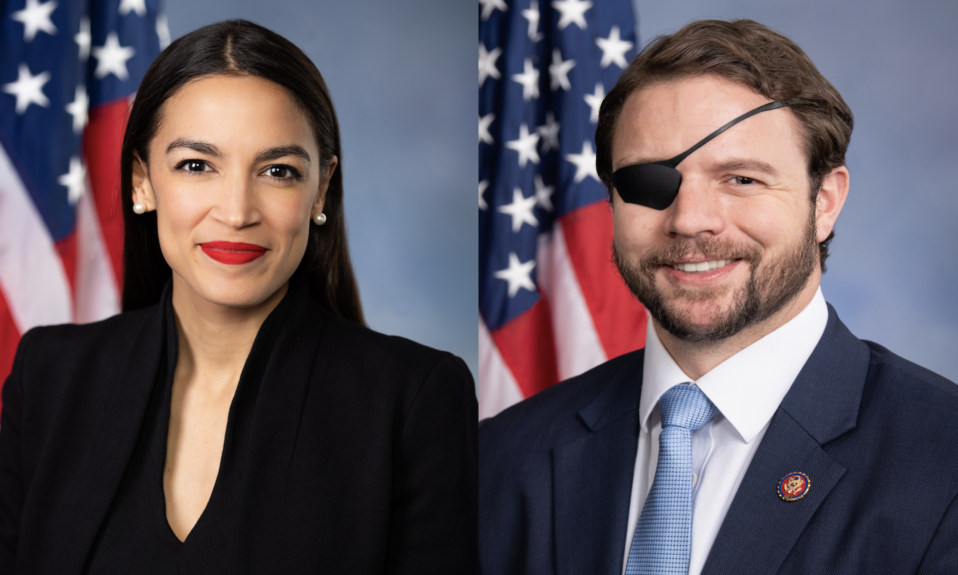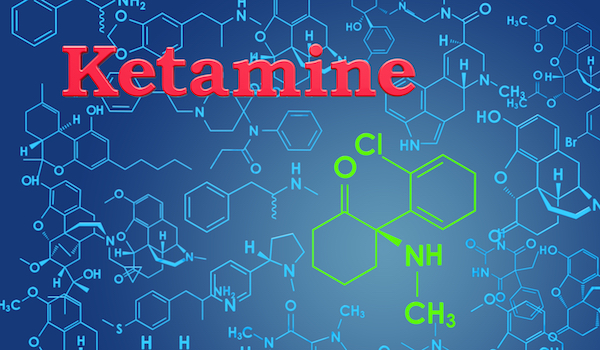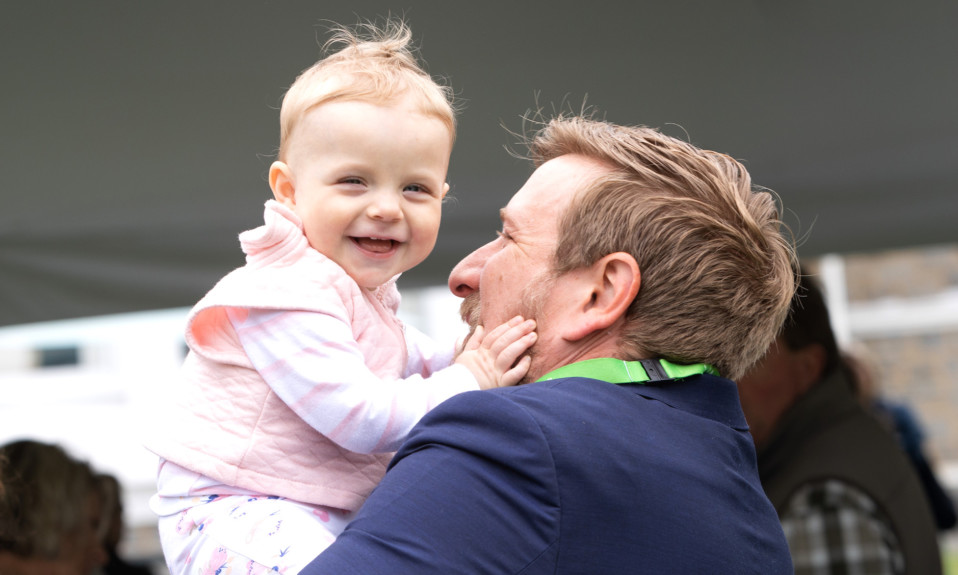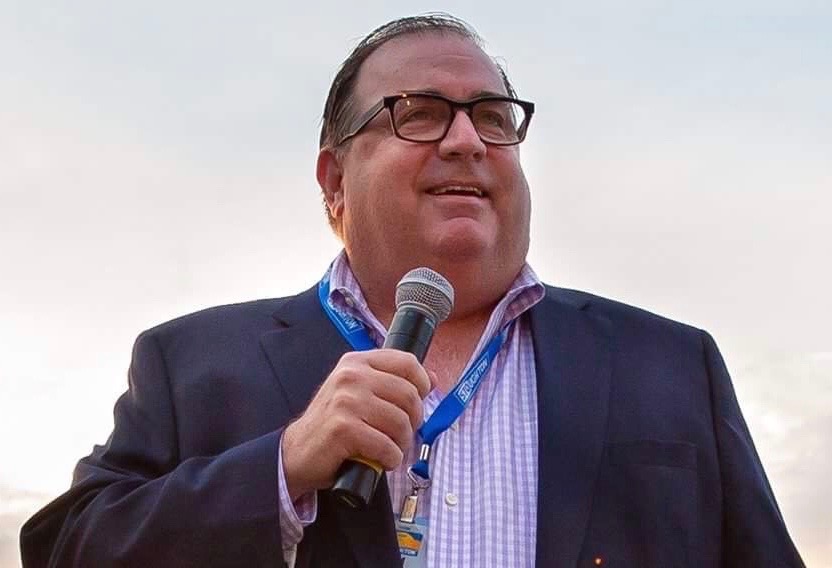After he went through the wringer—addiction, TBI—the former hockey player’s life took a remarkable turn when he founded a company, Wesana Health, focused on psychedelic therapies
By Jason Langendorf
Daniel Carcillo has been hurt. He has endured physical pain, psychological pain. He has absorbed a trainload of trauma, some with a little T, more yet with a big T. His body—and especially his brain—suffered untold injury as a player in the National Hockey League (NHL) from 2005 to 2015. But his mind has arguably had it worse. Unresolved childhood angst. Substance use disorders. Sexual assault victim.
Daniel Carcillo has hurt others, too. He has described his former self as “an abuser … a bully … a racist, homophobic” and more. Nicknamed “The Car Bomb,” he embodied the persona in virtually every way. A banger who would fight anything that looked at him sideways, he led the league in penalty minutes in the 2007-08 season. Months later, he was issued a DUI and played the next season with a 30-day jail sentence hanging over his head. Carcillo, then 23, was entered into the NHL’s Substance Abuse and Behavioral Health Program, but, fighting again, he bucked against it.
“Those [traumas] were the reasons why I played the way I did. But the way I managed it was by beating people up on the ice. That was ‘The Car Bomb.’ That’s what everybody saw.”
—Daniell Carcillo, former NHL player and founder of Wesana Health
It wasn’t until two years later, in 2015, after surgeries to staple his abdomen back to his pelvis and, separately, scope his hip labrum, that Carcillo’s life began to change—but with one final detour: opiates. He says he was overprescribed and undereducated about his post-surgery pain medication, and he began to tumble down the rabbit hole of opioid use disorder (OUD). Alcohol had given him some trouble, but nothing like the lure he felt from the opioid meds. Even as they numbed his physical and emotional pain, he felt his life spinning away from him.
Then Carcillo did something he now preaches to others in need, every chance he gets: “I ended up asking for help.”
Stepping Out of the Wilderness
Carcillo landed at a retreat in Malibu, Calif., where he would then take the first steps of a long, ongoing journey of recovery and discovery that he says has healed him in countless ways.
“I started to learn about breathing techniques,” he says. “Hot-cold transfers in therapy. Mindfulness. Just a bunch of practices—acupuncture, reflexology, different techniques to recover that didn’t necessarily have to do with medicine or pharmaceuticals.”
As his interest in alternative therapies grew, Carcillo’s need for them exploded. After he retired, he began noticing symptoms—headaches, head pressure, insomnia, slurred speech, impulse control, anxiety and depression—consistent with traumatic brain injury (TBI). The joy he should have savored after winning two Stanley Cup trophies with the Chicago Blackhawks late in his career was replaced with fear, despair and, for a time, suicidal ideation.
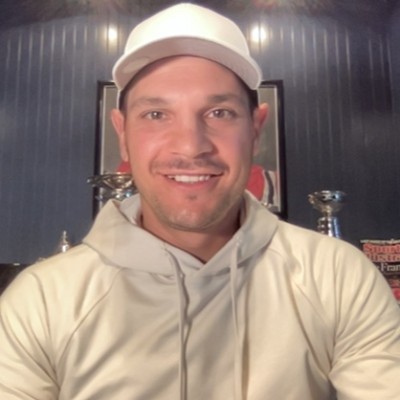
Still, Carcillo ran the gauntlet of treatments available at the time: functional neurologists, symptomology management through self-deprivation, hot-cold therapy, MOT acupuncture, hyperbaric chamber. He found some relief—for a time. “It works until it doesn’t work,” he says. “Because you can’t be in a clinic five days a week for the rest of your life, right?”
The next steps on Carcillo’s path were steeper and less sure-footed. He began exploring his past traumas. Old-school parenting—spankings, which he didn’t see as out of the ordinary but nevertheless may have affected him. Hockey’s stoic, violent, suffer-in-silence culture, which he calls “toxic.” And it was that culture that provided cover for the trauma that may stick most with Carcillo.
Drafted by the Pittsburgh Penguins in 2003, at age 17, Carcillo moved three hours from his home in King City, Ontario, to begin working his way up the junior hockey ranks with the Sarnia Sting. It was a horrific experience. As he and a former teammate allege in a class-action suit that remains open today, Carcillo and a handful of other players in Sarnia—some of them as young as 15—were subjected to hazing, bullying, physical and verbal harassment, physical assault, sexual harassment and sexual assault. “Pretty much every single day,” Carcillo says.
Although he didn’t come to grips with them until after his career had ended, the traumas he and his young teammates endured—far beyond anything resembling typical sports hazing—colored Carcillo’s world. Mostly red. He channeled the suffering he had experienced into his play and personality. That pain led to more of the same.
“Those were the reasons why I played the way I did,” Carcillo says of his collective traumas. “But the way I managed it was by beating people up on the ice. That was ‘The Car Bomb.’ That’s what everybody saw.”
Recovery and Redemption
At the depths of Carcillo’s suffering, when his brain was no better than an antagonistic enemy, he discovered psilocybin. And with it, he found something else: hope.
“[Carcillo] was passionately committed to making an impact, which I felt right away. But I also felt this was somebody who takes the time to try to understand the science, try to understand just what evidence is out there.”
—Abid Nazeer, chief medical officer of Wesana Health
He had journeyed to Peru, testing ayahuasca, which has some of the same effects as other psychedelics. Carcillo felt at the time that he had been visited by his deceased grandparents, and his symptoms had been reduced or alleviated. It opened his mind to other therapies, which led him to psilocybin. It’s almost impossible to hear the words “he did his research” without the undertone of snark, but Carcillo dove into the literature devoted to the drug—evidence-based studies and cutting-edge new research that was bringing psilocybin into the light as a potential treatment for mental health disorders.
He filed two patents covering the regimen that had eased his symptoms—a combination of high doses of psilocybin and low doses of psilocybin in combination with cannabidiol (CBD). A top-notch team selected by Carcillo first coalesced as a drug development company, and then more. In 2020, the former hockey pug founded Chicago-based Wesana Health, which focuses on the development and delivery of psychedelic and naturally sourced therapies to treat TBI. In March 2021, Wesana raised $4.11 million in investment capital, and it is now building a second clinic in the Chicago suburbs. On March 11 of this year, Carcillo will get an audience with the Food and Drug Administration (FDA) in hopes of eventually bringing to market the first FDA-approved pharmaceutical treatment for TBI sufferers and patients with major depressive disorder.
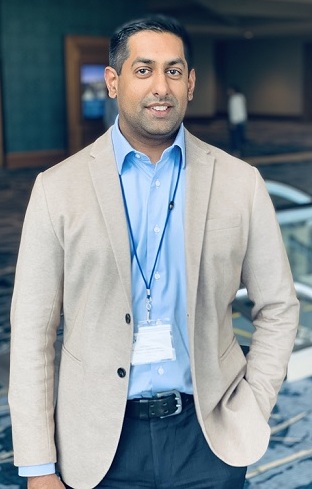
Alternative medications and protocols may be the keystone of Wesana’s work, but it is only a piece. Abid Nazeer, MD, the company’s chief medical officer, remembers meeting Carcillo for the first time a few years ago, after he had established what he believes was the first psychiatric ketamine clinic in the Midwest. He had been approached about acquisition by several suitors, but none of them struck the right balance between psychedelics and psychiatric components.
“You need specialists, an evidence-based approach and outcome data, tracking care and measuring improvements and adding better diagnostics,” Nazeer says. “And nobody was saying any of this until I talked to Daniel. In our first meeting, I saw, obviously—and it was kind of refreshing—that he had a personal journey he had experienced for himself. He was passionately committed to making an impact, which I felt right away. But I also felt this was somebody who takes the time to try to understand the science, try to understand just what evidence is out there.”
Today, Carcillo’s days are filled with billing codes rather than backchecks. He still loves hockey—the game itself—but he has left behind all the detritus that came with the sport and its systems. For a time, his post-athletic life was a nightmare of nearly unceasing pain and regret. Recent years had doubled as an apology tour featuring the family, friends, teammates and old acquaintances he felt he had wronged. He is frank and contrite about his mistakes.
He also still has that hope.
Carcillo’s symptoms remain at bay, and he credits his proprietary regimen (which he has now followed for three years), along with proper diet, exercise and sleep. He “sprinkles in” self-deprivation and neurofeedback to complement the psilocybin therapy, and he reports that everything from his bloodwork and qEEGs to his quality of life are unrecognizable from when he began this journey.
“They’ve never been healthier,” he says.


